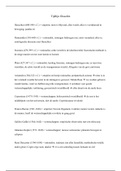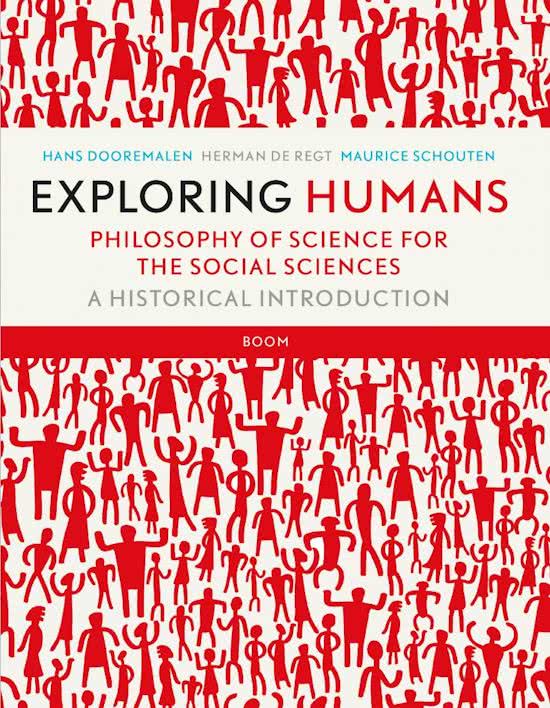Summary
Samenvatting Tijdlijn filosofen en belangrijke stromingen (-ismes)
- Course
- Institution
- Book
Dit document bevat een overzicht met de belangrijke filosofen die behandeld zijn in de cursus op juiste volgorde. Bij elke filosoof staat een korte samenvatting met zijn belangrijkste opvattingen en overtuigingen. Ook bevat dit document een overzicht met alle belangrijke stromingen, oftewel -ismes,...
[Show more]




